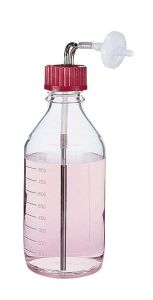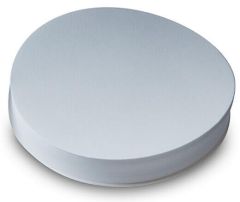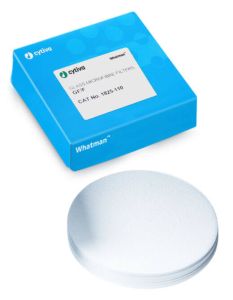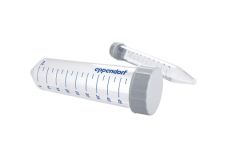Close
Helicobacter Agar Modified 500 grams/bottle
SKU
CDL/2066
Brand
CONDALAB
Pre-order (Deliver in 8 to 12 weeks)
Helicobacter Agar Modified is a selective medium for the isolation of Helicobacter pylori from gastric specimens.
Helicobacter pylory is a bacteria present in patients with chronic gastritis and gastric ulcers that was isolated the first time in 1982. More than 50% of the world's population harbor H. pylori in their upper gastrointestinal tract but most of the infected people do not show symptoms or complications. Colonization of the stomach by H. pylori can result in chronic gastritis, an inflammation of the stomach lining, at the site of infection. In the absence of treatment, H. pylori infection, once established in its gastric niche, is widely believed to persist for life. H. pylori is contagious, although the exact route of transmission is not known.
Beef extract, pancreatic digest of casein, peptic digest of animal tissue and yeast extract provide nitrogen, vitamins, minerals and amino acids essential for growth. Sodium chloride supplies essential electrolytes for transport and osmotic balance. Starch in the medium acts as a growth factor, probably functioning like a colloid protector and neutralizes toxic products that form during the development of the organisms. Bacteriological agar is the solidifying agent. The antimicrobial combination is the formulation described by Dent and McNulty, which contains combinations of vancomycin, amphotericin B, trimethoprim and cefsulodin to inhibit contaminating flora without interfere in the recovery of H. pylori.
Helicobacter Agar Modified is a selective medium for the isolation of Helicobacter pylori from gastric specimens.
Helicobacter pylory is a bacteria present in patients with chronic gastritis and gastric ulcers that was isolated the first time in 1982. More than 50% of the world's population harbor H. pylori in their upper gastrointestinal tract but most of the infected people do not show symptoms or complications. Colonization of the stomach by H. pylori can result in chronic gastritis, an inflammation of the stomach lining, at the site of infection. In the absence of treatment, H. pylori infection, once established in its gastric niche, is widely believed to persist for life. H. pylori is contagious, although the exact route of transmission is not known.
Beef extract, pancreatic digest of casein, peptic digest of animal tissue and yeast extract provide nitrogen, vitamins, minerals and amino acids essential for growth. Sodium chloride supplies essential electrolytes for transport and osmotic balance. Starch in the medium acts as a growth factor, probably functioning like a colloid protector and neutralizes toxic products that form during the development of the organisms. Bacteriological agar is the solidifying agent. The antimicrobial combination is the formulation described by Dent and McNulty, which contains combinations of vancomycin, amphotericin B, trimethoprim and cefsulodin to inhibit contaminating flora without interfere in the recovery of H. pylori.
| Brand | CONDALAB |
|---|
Write Your Own Review









Validate your login